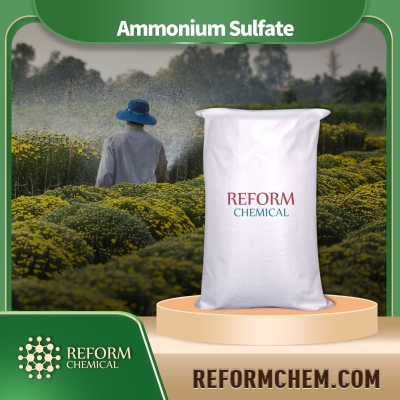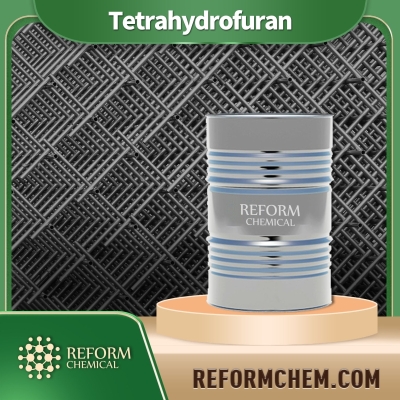-
Categories
-
Pharmaceutical Intermediates
-
Active Pharmaceutical Ingredients
-
Food Additives
- Industrial Coatings
- Agrochemicals
- Dyes and Pigments
- Surfactant
- Flavors and Fragrances
- Chemical Reagents
- Catalyst and Auxiliary
- Natural Products
- Inorganic Chemistry
-
Organic Chemistry
-
Biochemical Engineering
- Analytical Chemistry
-
Cosmetic Ingredient
- Water Treatment Chemical
-
Pharmaceutical Intermediates
Promotion
ECHEMI Mall
Wholesale
Weekly Price
Exhibition
News
-
Trade Service
Recently, the reporter learned that the United States has adjusted the standards for pesticide residues in tea, mainly involving the following: First, the list of pesticides authorized for use in the United States, including 25 pesticide residues such as chlorfenapyr, acetamiprid, and bifenthrin; The second is the 11 pesticide residues that are expected to be limited in 2017; the third is the list of chemical substances banned in the United States, including DDT, chlorfenapyr, lindane, dicofol, endosulfan, ethion, dicofol, and triazole Phosphorus
.
It is worth noting that the United States has included endosulfan in its list of prohibited pesticides
.
The American Tea Association also clearly reminded that any prohibited pesticide residues shall not be detected in tea exported to the United States
.
The Rizhao Inspection and Quarantine Bureau reminds tea companies that if they intend to export tea to the United States, they should pay close attention to the changes in the pesticide residue limit of American tea, and communicate with customers in a timely manner to prevent items that are not tested or exceed the limit and cannot be cleared
.
At the same time, the self-inspection and self-control system should be adjusted in time to strengthen the management of planting drugs and the inspection and acceptance of raw materials to ensure that the products meet the relevant standards from the source
.
.
It is worth noting that the United States has included endosulfan in its list of prohibited pesticides
.
The American Tea Association also clearly reminded that any prohibited pesticide residues shall not be detected in tea exported to the United States
.
The Rizhao Inspection and Quarantine Bureau reminds tea companies that if they intend to export tea to the United States, they should pay close attention to the changes in the pesticide residue limit of American tea, and communicate with customers in a timely manner to prevent items that are not tested or exceed the limit and cannot be cleared
.
At the same time, the self-inspection and self-control system should be adjusted in time to strengthen the management of planting drugs and the inspection and acceptance of raw materials to ensure that the products meet the relevant standards from the source
.






